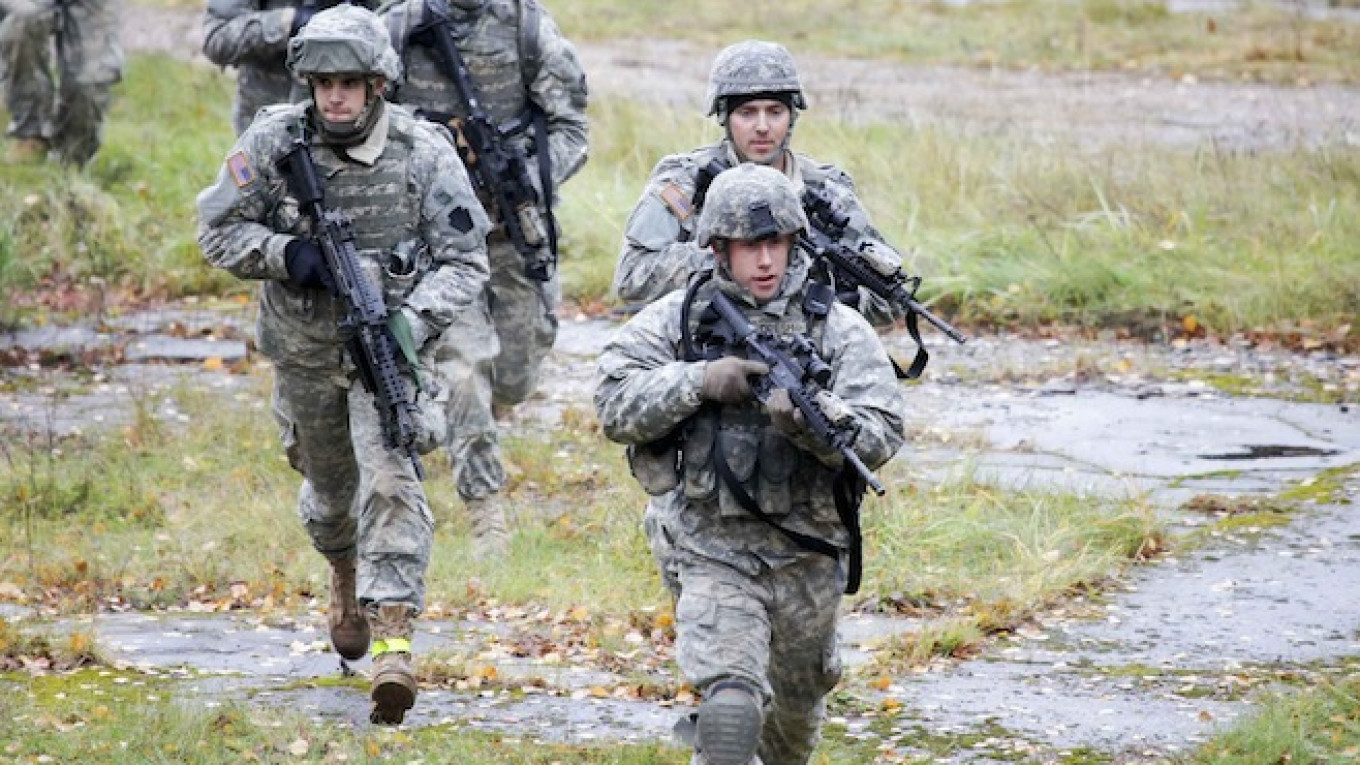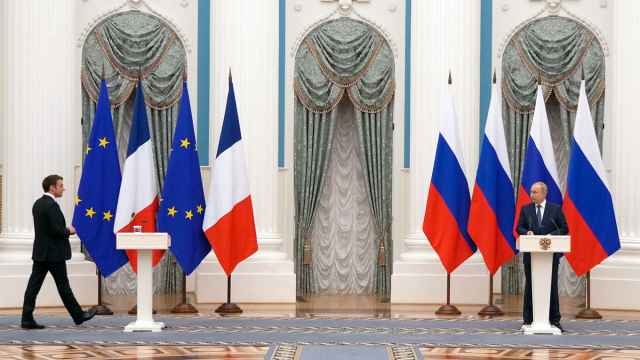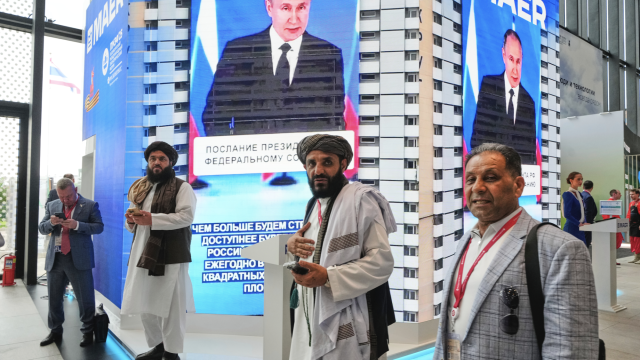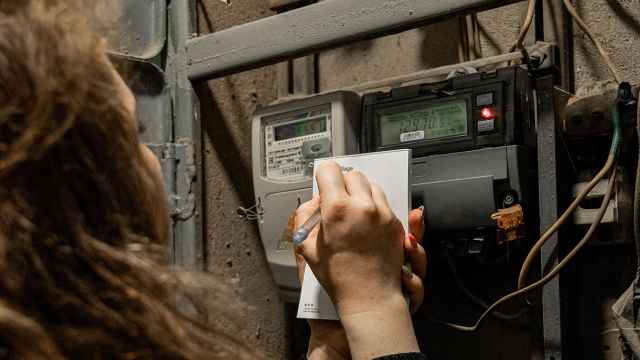Russia will abide by a 2010 strategic arms reduction treaty with the U.S. despite their differences over the crisis in Ukraine, Deputy Foreign Minister Sergei Ryabkov was quoted as saying Tuesday.
Signing the Strategic Arms Reduction Treaty, or START, in 2010 as part of a general improvement in bilateral ties with Moscow was hailed in Washington as a major success for President Barack Obama.
But relations between Russia and the U.S. have since soured over the war in Syria, with both sides pulling out of various forums of cooperation over the crisis in Ukraine.
In March, Russian news agencies quoted a source as saying the Defense Ministry was considering suspending on-site inspections under START.
However, news agency RIA Novosti cited Ryabkov as saying on Tuesday, "There are no reasons today not to fulfil the treaty."
In the latest version of the treaty, originally agreed in 1991, the U.S. and Russia pledged to cap their deployed strategic nuclear warheads to 1,550 each and limit the numbers of strategic nuclear missile launchers to 800 by 2018.
The treaty allows each side to conduct 18 on-site inspections per year in the other country.
Ryabkov also reiterated Moscow's accusations that Washington was aggravating the crisis in Ukraine and said Russia was trying to ease tensions in the former Soviet republic.
The weekend release of international military observers held by pro-Moscow separatists in Ukraine's east was an example of Russia's constructive approach, he told RIA, adding it would not have happened without President Vladimir Putin's mediation.
"(But) our partners, instead of taking concrete steps and practical measures, limit themselves to tarring Russia. We are constantly hearing statements on sanctions. That does not help things," he said.
The U.S. and the EU have imposed sanctions on Russia over Ukraine where the West believes Moscow is fomenting separatist unrest — a charge Moscow denies.
A Message from The Moscow Times:
Dear readers,
We are facing unprecedented challenges. Russia's Prosecutor General's Office has designated The Moscow Times as an "undesirable" organization, criminalizing our work and putting our staff at risk of prosecution. This follows our earlier unjust labeling as a "foreign agent."
These actions are direct attempts to silence independent journalism in Russia. The authorities claim our work "discredits the decisions of the Russian leadership." We see things differently: we strive to provide accurate, unbiased reporting on Russia.
We, the journalists of The Moscow Times, refuse to be silenced. But to continue our work, we need your help.
Your support, no matter how small, makes a world of difference. If you can, please support us monthly starting from just $2. It's quick to set up, and every contribution makes a significant impact.
By supporting The Moscow Times, you're defending open, independent journalism in the face of repression. Thank you for standing with us.
Remind me later.






